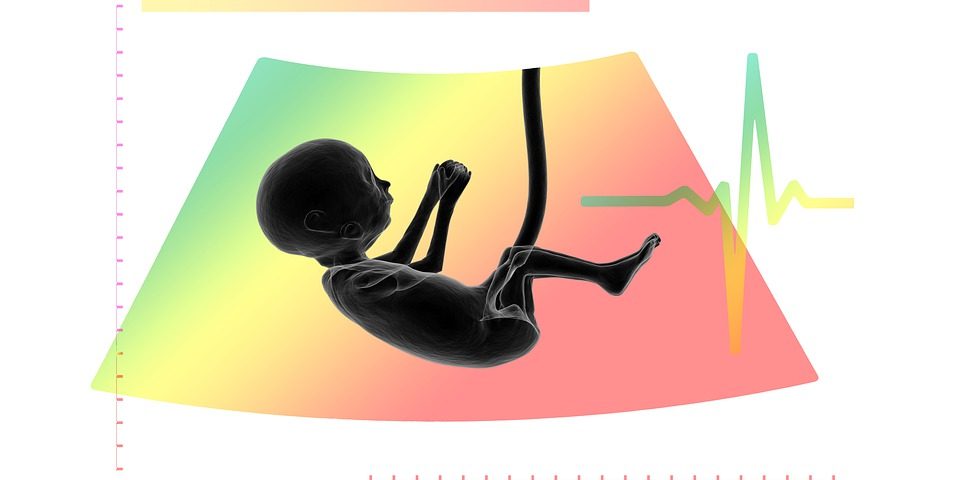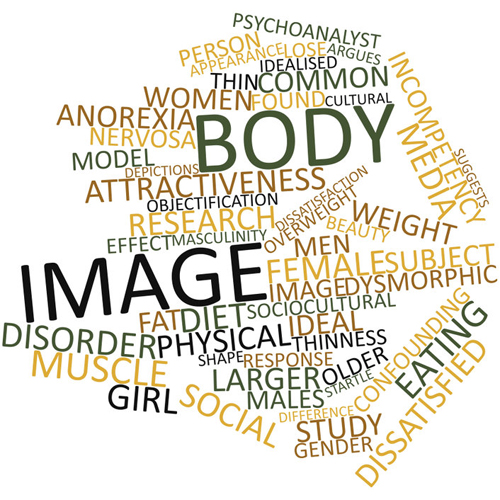Protect Black Birthing People: The Crisis of Black Maternal Mortality.

LONG COVID? What You Need to Know!
June 12, 2021
Delta Variant: What You Need To Know!
August 31, 2021While America is one of the richest developed countries, maternal mortality rates rank highest among other countries in comparison. When pregnancy-related death is examined through the lens of Women of Color, this disparity is substantially greater. In the United States, Black women are impacted disproportionately by maternal health issues. According to the Centers for Disease Control and Prevention (CDC), Black women in the United States are 2 to 3 times more likely to die from pregnancy-related issues compared to their white counterpart. The racial disparities of pregnancy-related death in the nation have been unchanged for over 6 decades.
Preeclampsia and other hypertensive disorders of pregnancy contribute to many complications and death every year. In the United States, the rate of preeclampsia has increased 25% in the last two decades and is a leading cause of maternal and infant illness and death as stated by the Preeclampsia Foundation. Organizations like the Preeclampsia Foundation educate healthcare providers, parents, and families about preeclampsia complications and prevention.

Maternal Health and Racism
A report by Brynn Holland noted that people of Color have faced an extensive history of injustices in healthcare. James Marion Sims is known as the “Father of Modern Gynecology” made his mark in maternal health by performing experimental surgeries on numerous enslaved women in the 19th century. These women were forced to have medical procedures against their will and without any form of pain medication.
Women of Color continue to be victimized, devalued, and silenced throughout history. In the present day, some healthcare providers do not believe that Black and Brown people feel pain. For instance, according to an article by Janice A. Sabin, PhD (Published by Association of America Medical Colleges), in 2016, 50% of white medical trainees believed one or more of the following: Black people have thicker skin, are less sensitive, and blood clots faster compared to white people.
As we acknowledge the crisis of maternal mortality, it is necessary to note that many past and modern-day occurrences are due to women being unheard. Echoes of impermissible fetal stories such as Kira Johnson, Shalon Irving, and many others tear at the fabric of communities and families.
Example of Success in Maternal Outcomes
Over the last decade, the California Maternal Quality Care Collaborative (CMQCC) displayed success with a preeclampsia-focused initiative that attributed to reversal of maternal mortality trends in California. CMQCC developed an evidence-based toolkit for providers, “Health Care Response to Preeclampsia”
What You Can Do
- Be an Advocate on a State and National Level
Advocate for maternal health care such as policies around the standard of care, provider bias training, and access to maternal health resources and services.
Check out: 4Kira4Moms, Black Mama Matters Alliance, and March of Dimes for advocacy opportunities.
- Educate Community Members and Colleagues
Share Black maternal health information with your network through articles, books, podcasts.
Books
- Killing the Black Body by Dorothy Roberts
- Medical Apartheid by Harriet A. Washington
- Reproductive Injustice: Racism, Pregnancy, and Premature Birth: Dana-Ain Davis
Podcasts
- NATAL podcast
- Dem Black Mamas podcast
- Therapy for Black Girls (sessions 43 & 76)
- Black Health Lit “Maternal Mortality: Black Pregnant and Dying”
- Listen & Share Black Maternal Health Messaging on Social Media
Social Media
Use the social media accounts below to learn about organizations that work to improve Black maternal health outcomes:
- @BlackMamasMatterAlliance
- @PerinatalEquityFoundation
- @MelaninedMoms
- @Ancientsongdoulas
- @theirthapp
Christine Ivery is the guest writer for the August 2021 Public Health Talks’ Blog. Connect with Christine on Instagram: @publichealthjawn

Christine holds a Bachelor’s degree in Exercise Science- Kinesiotherapy from Norfolk State University, a Master’s degree from Drexel University in Public Health, and Health Education Specialist Certification (CHES). She is a Prematurity Prevention Initiative Project Director for the Southern New Jersey Perinatal Cooperative (SNJPC). She is dedicated to addressing and mitigating issues of Black infant and maternal mortality.
Her passion is to help all walks of life through disease and disparity prevention, as well as making an impact in the communities she serves. Christine serves as Chair of the Public Health Young Leaders Association (PHYLA) in Philadelphia, Chair of Sisters in Public Health Philadelphia Chapter, and Community Health Planning and Policy Development (CHPPD) Section Counselor for the American Public Health Association (APHA). She is a proud member of the American Public Health Association, Philadelphia’s Section on Public Health & Preventive Medicine, the Greater Philadelphia Norfolk State Alumni Chapter, and Alpha Kappa Alpha Sorority Incorporated.
Images Credit:
Christine Ivery ;
Geralt/23051 from Pixabay;
Mohamed_hassan/5238 from Pixabay





2 Comments
Racial health disparities among women in the US is another justification for a national system of health coverage. Reducing such disparities will also close the racial income and wealth disparities as well. Continue to press forward with this good works.
I totally agree.! We will continue to bring awareness to such a public health crisis and hopefully we continue to move towards betterment. Thank you for the feedback!